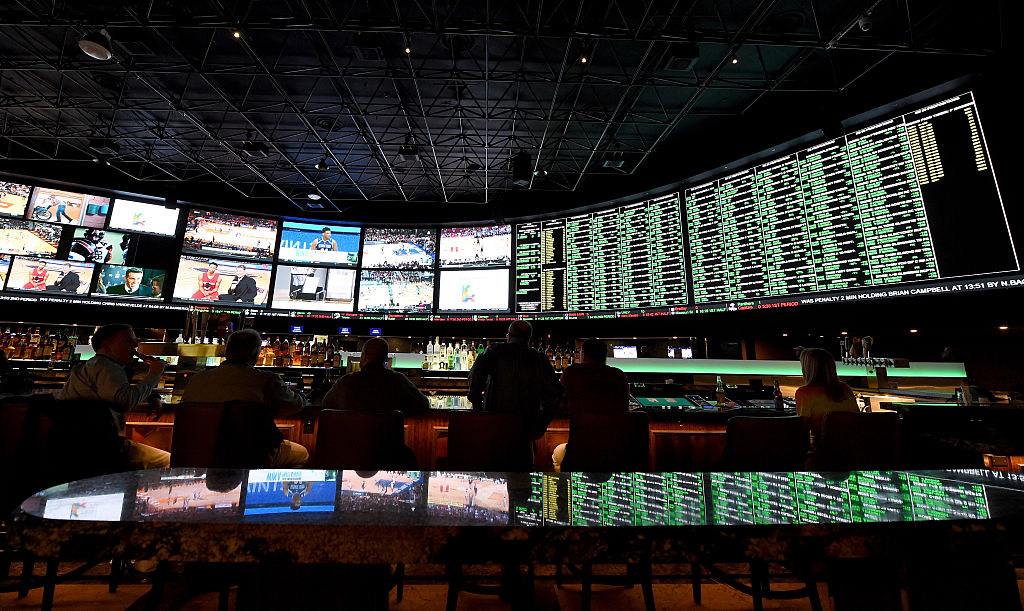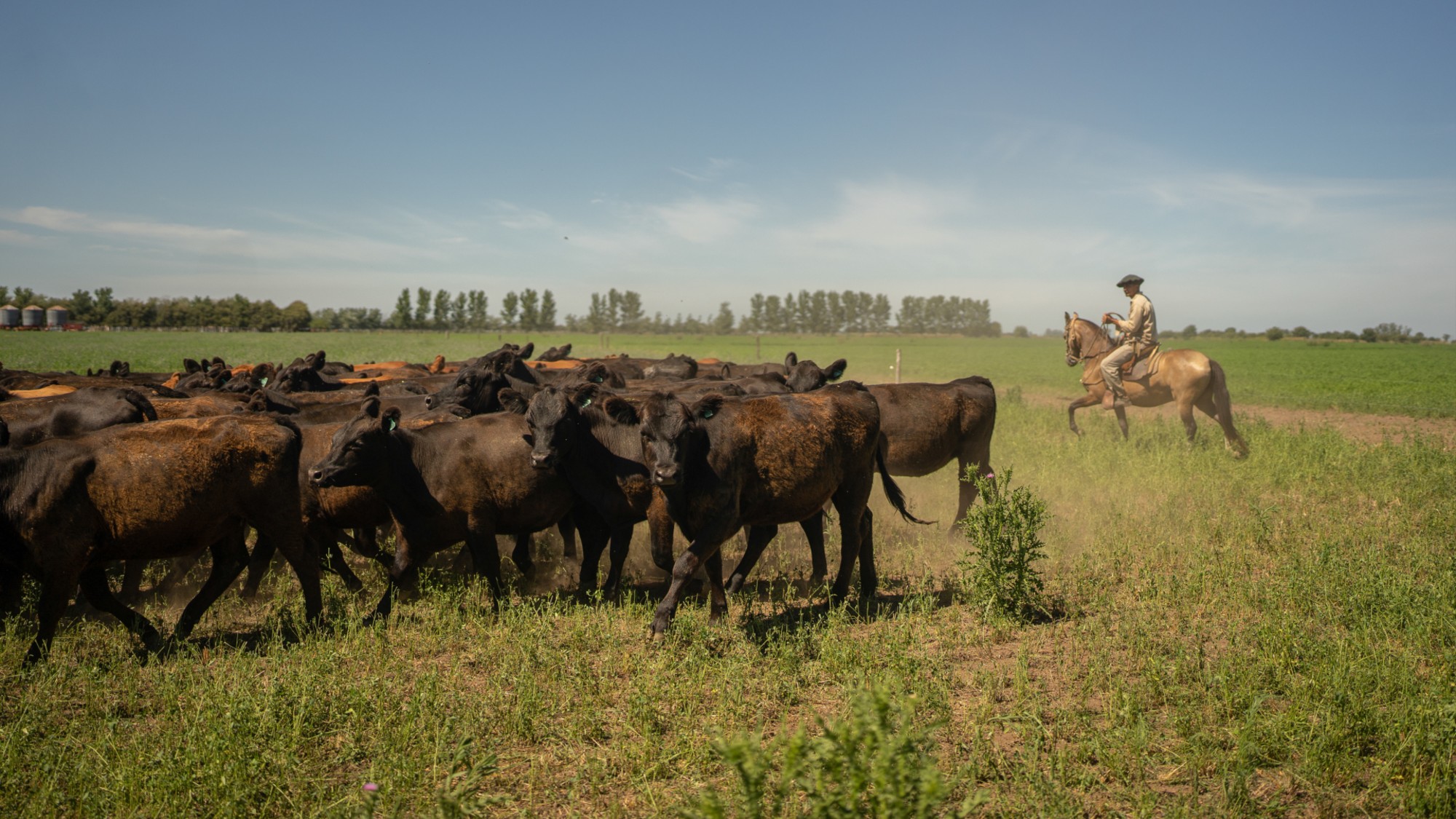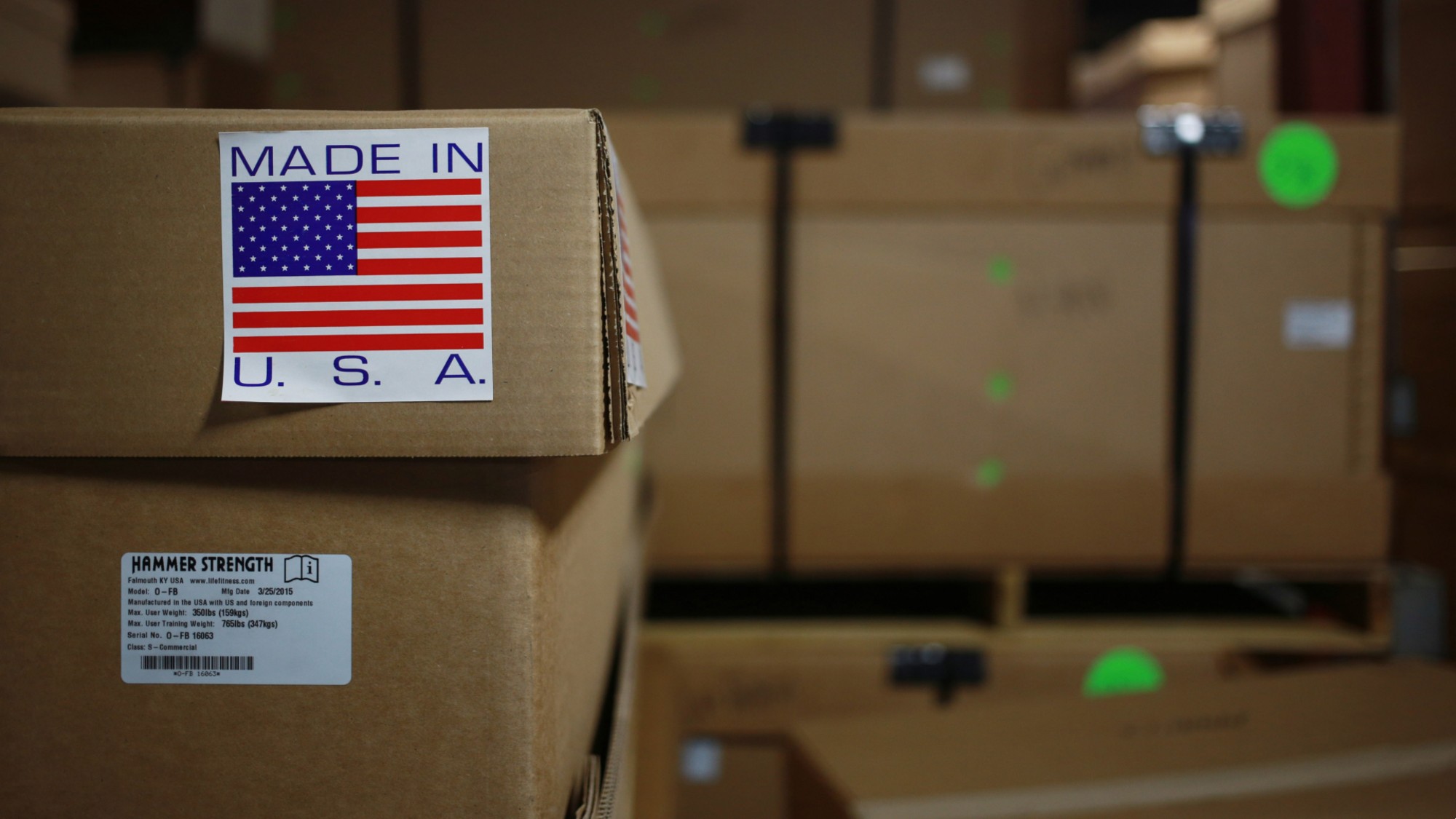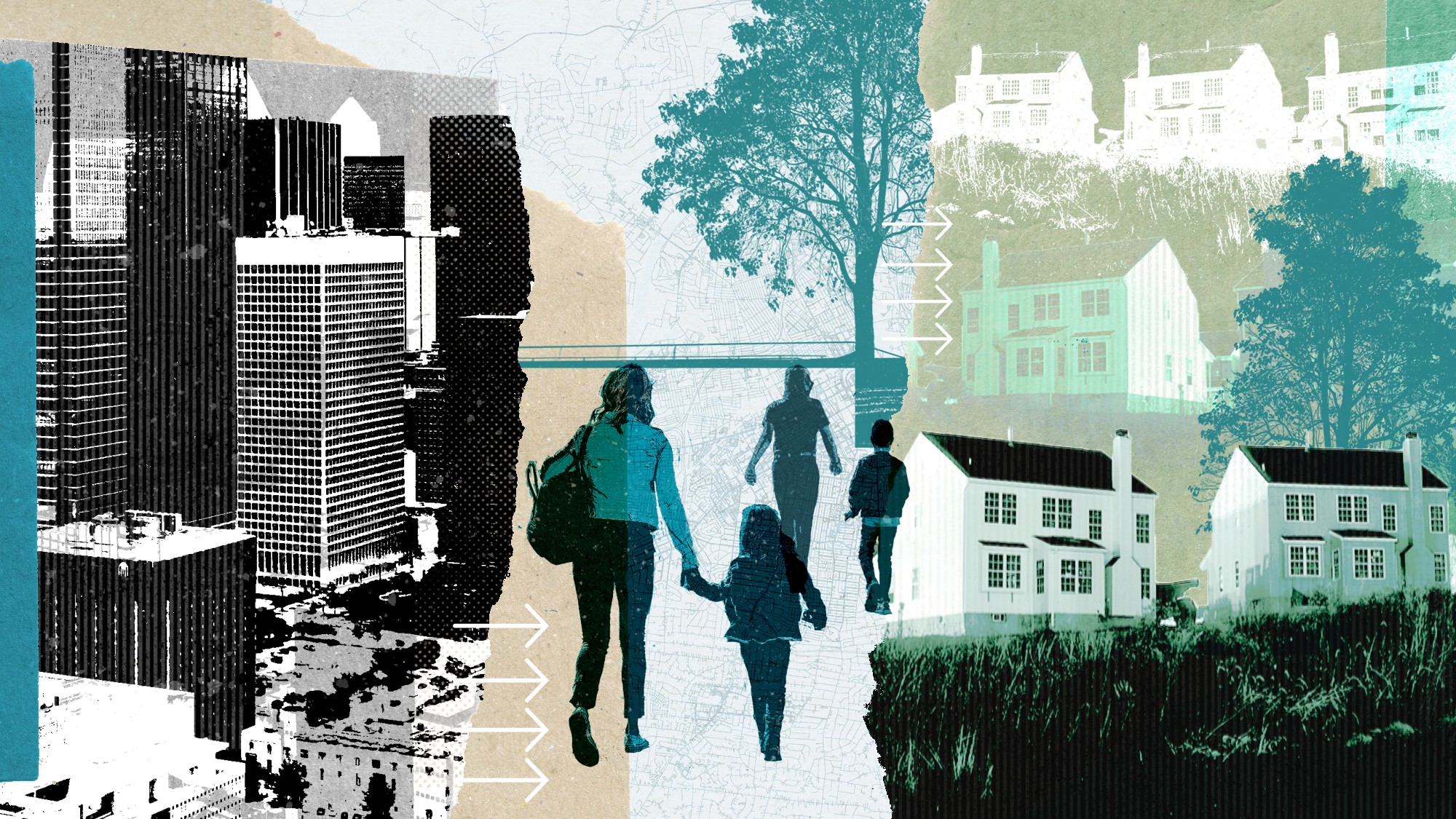Is the legalization of sports betting a good thing?
The sharpest opinions on the debate from around the web


A free daily email with the biggest news stories of the day – and the best features from TheWeek.com
You are now subscribed
Your newsletter sign-up was successful
Sports betting has perhaps never been hotter than it is right now. A new report from the American Gaming Association suggests that nearly one in five Americans planned to place a bet on Super Bowl LVII, totaling more than $16 billion and doubling the amount bet on the prior Super Bowl.
The Supreme Court ruled on the legality of sports betting five years ago, and in that time, the practice has spread to two-thirds of U.S. states and an estimated $125 billion in wagers have been placed on all sorts of sporting events.
But just because sports betting is legal in most states now, does that mean it should be? Is sports betting "a net gain to the legal, measured economy," as Oxford Economics writes? Or is it simply a cesspool of often troubled gambling games that should not be allowed to continue?
The Week
Escape your echo chamber. Get the facts behind the news, plus analysis from multiple perspectives.

Sign up for The Week's Free Newsletters
From our morning news briefing to a weekly Good News Newsletter, get the best of The Week delivered directly to your inbox.
From our morning news briefing to a weekly Good News Newsletter, get the best of The Week delivered directly to your inbox.
Sports betting provides a great boost to the economy
While controversy around the practice remains, the most common argument for allowing sports betting is that it provides a significant economic boost. Nevada, the American hub of gambling, generates "generates hundreds of millions of dollars per month from sports betting," the California Business Journal writes, adding that it "seemed inevitable that other states would follow suit."
The current laws allow individual states to determine how they tax sportsbooks, the Journal notes, adding that it allows them to "obtain funds [that] can be utilized for any purpose, including construction and roadwork, schools, and health facilities."
A study by the University of Michigan's Journal of Economics held a similar conclusion, opining, "More money generated by sportsbooks has led to more tax revenue for state governments that have legalized online sports betting." The study also noted that some states, such as Illinois and New Jersey, have brought in more than $1 billion in sports betting taxes.
Sports betting "has and will continue to expand the budgets of state and federal government," the university said, noting that there has been "continuing growth in the market as tax revenue has increased annually in the sports betting market" and that the tax revenues have been beneficial to almost every state that has legalized the practice.
A free daily email with the biggest news stories of the day – and the best features from TheWeek.com
The practice will only feed people's financial troubles and addictions
Despite the economic impact on states from sports betting, individuals can face many of the hardships associated with typical gambling, Kurt Streeter writes for The New York Times. Streeter reached out to a dozen people recovering from gambling addiction and "heard horror stories."
"They told me about shattered families, lost jobs, and foreclosed homes," Streeter writes, adding that he was told of "arrests, convictions, jail time, and suicide." As a result, Streeter adds, the U.S. has gotten to "a point where wagering on sports became so seductive and encompassing," noting that the "bitter truth of addiction is obscured by the smarmy ads and compromising relationships, and yet federal oversight is downright nonexistent."
This type of warning was echoed by Emily Stewart, who argues for Vox that while sports gambling is fun, it is "probably not" good for society. Stewart believes the ideal sports gambler "is someone who's cheap to acquire, who's sticky, and who's likely to expand their wallet as sportsbooks offer them new products," adding that when someone becomes addicted, if they "do manage to get in and get out initially, they sometimes return."
"A new raft of stories warning about gambling addiction are already starting to crop up," Stewart says. "It's hard not to worry about the people who are playing with money they can't afford to lose, or wonder what it says about the state of our economy that so many people are willing to play in an arena where the odds are so obviously stacked against them, all in the hopes of hitting it big."
Betting on sports is no worse than any other type of gambling
Some studies show that sports betting could be five times more likely to lead to addiction than other types of gambling. However, as Jay Caspian Kang writes for The New Yorker, "The idea that it's somehow healthier to place your bets at a racetrack than on your phone doesn't really pass muster."
After all, Kang adds, gambling addiction, like many other addictions, is simply created by compulsions. Whether or not "the apps can match up to the sensations of physical spaces that have been designed to suck the cash out of your pockets" remains up in the air, he writes.
Sports betting could create a bad environment for athletics
Even for those who may not see sports betting as a human-based problem, "gambling has a long history of corrupting sports by incentivizing athletes to rig games," Spencer Bokat-Lindell writes for The New York Times.
In the modern age, this manifests itself in one specific way: advertising for sports betting. As a result, Howard Gensler, CEO of bettorsinsider.com, writes for The Philadelphia Inquirer, "the glut of advertising we're seeing for it is no different than that for tequila, beer, drugs for previously unknown ailments, unhealthy foods, unnecessary beauty products, expensive sports cars dangerously speeding across icy terrain, and more." Gensler goes on to say that while this may be dangerous, it is a fact of life in an America ruled by the dollar.
In addition, with all the money changing hands, especially for large events such as the Super Bowl, there is an "increasing prevalence of gambling ads during games also takes some of the fun out of watching them," Stephen Silver also opines for the Inquirer. He believes that the rampant advertising for sports betting "takes me out of the experience and detracts from the excitement of a close game or rare athletic achievements."
Justin Klawans has worked as a staff writer at The Week since 2022. He began his career covering local news before joining Newsweek as a breaking news reporter, where he wrote about politics, national and global affairs, business, crime, sports, film, television and other news. Justin has also freelanced for outlets including Collider and United Press International.
-
 El Paso airspace closure tied to FAA-Pentagon standoff
El Paso airspace closure tied to FAA-Pentagon standoffSpeed Read The closure in the Texas border city stemmed from disagreements between the Federal Aviation Administration and Pentagon officials over drone-related tests
-
 Political cartoons for February 12
Political cartoons for February 12Cartoons Thursday's political cartoons include a Pam Bondi performance, Ghislaine Maxwell on tour, and ICE detention facilities
-
 Arcadia: Tom Stoppard’s ‘masterpiece’ makes a ‘triumphant’ return
Arcadia: Tom Stoppard’s ‘masterpiece’ makes a ‘triumphant’ returnThe Week Recommends Carrie Cracknell’s revival at the Old Vic ‘grips like a thriller’
-
 Tariffs have American whiskey distillers on the rocks
Tariffs have American whiskey distillers on the rocksIn the Spotlight Jim Beam is the latest brand to feel the pain
-
 Argentinian beef is at the center of American farmers’ woes
Argentinian beef is at the center of American farmers’ woesThe Explainer ‘It feels like a slap in the face to rural America,’ said one farmer
-
 The struggles of Aston Martin: burning cash not rubber
The struggles of Aston Martin: burning cash not rubberIn the Spotlight The car manufacturer, famous for its association with the James Bond franchise, is ‘running out of road’
-
 What Saudi Arabia wants with EA video games
What Saudi Arabia wants with EA video gamesIn the Spotlight The kingdom’s latest investment in gaming is another win for its ‘soft power’ portfolio
-
 The FTC is pushing back against false 'Made in the USA' claims
The FTC is pushing back against false 'Made in the USA' claimsThe Explainer The agency has dubbed July 2025 'Made in the USA' month
-
 Why the world's busiest shipping routes are under threat
Why the world's busiest shipping routes are under threatThe Explainer Political tensions, mega ships and global warming offer new challenges – and opportunities
-
 Exurbs: America's biggest housing trend you haven't heard of
Exurbs: America's biggest housing trend you haven't heard ofUnder the Radar Northeastern exurbs were the nation's biggest housing markets in 2024
-
 A newly created gasoline giant in the Americas could change the industry landscape
A newly created gasoline giant in the Americas could change the industry landscapeThe Explainer Sunoco and Parkland are two of the biggest fuel suppliers in the US and Canada, respectively
